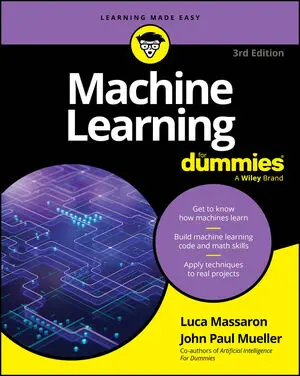- Association rules
- Attribute selection
- Clustering
- Data preprocessing
- Data classification
- Data visualization
- Regression analysis
- Workflow analysis
The reasons that Weka works especially well in schools is that the Java code runs on nearly any platform and you can download Weka free. You can apply Weka algorithms directly to a dataset or use Weka within your own Java code, making the environment extremely flexible. The one downside of Weka is that it tends not to work well on really large datasets.
To use Weka, you must also install an appropriate version of Java on your system. You can use Weka with any DBMS that Java or a third-party Java add-on product supports through Java Database Connectivity (JDBC), so you have a wide selection of data sources from which to choose.





